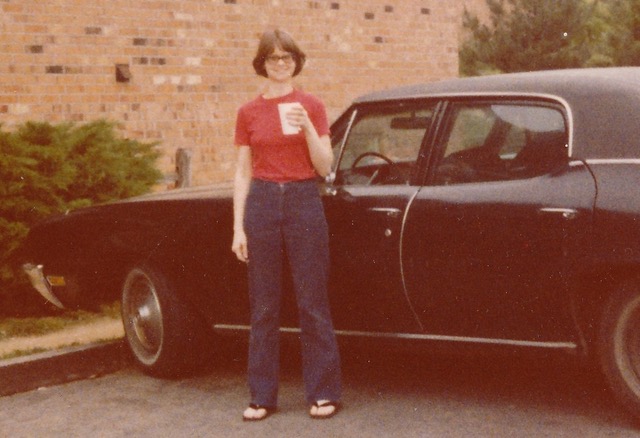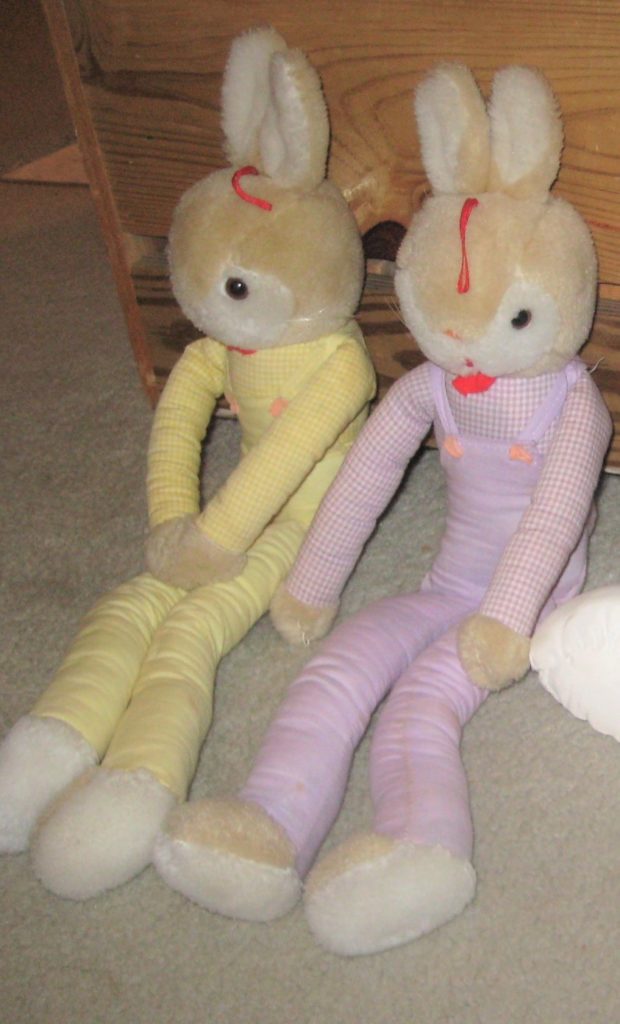My father longed to drive the family car, a privilege he was denied even after serving in the Navy. Even more, he longed to finish college. He proudly provided college and a car for me.
I didn’t care about a car and took college for granted. I provided my childhood longings: being read to, family vacations, and sacred—not secular— Christmas celebrations. My husband provided his longing, private music lessons. (We also provided college and cars.)
Like me, my children’s desires differed from their parents. Along the way, I understood I had treated my children like I wanted to be treated, not like they wanted to be treated.
A senior manager at a major corporation confessed a similar mistake. The firm told managers “Treat employees the way you would like to be treated.” When the firm expanded internationally, it realized the fallacy. Employees wanted to be treated differently than their managers would have wanted to be treated.
I explained my childhood desires to my children and how they affected my parenting decisions. I wish I had known how much their lists differed from mine.


Have you shared your childhood desires with your family?







